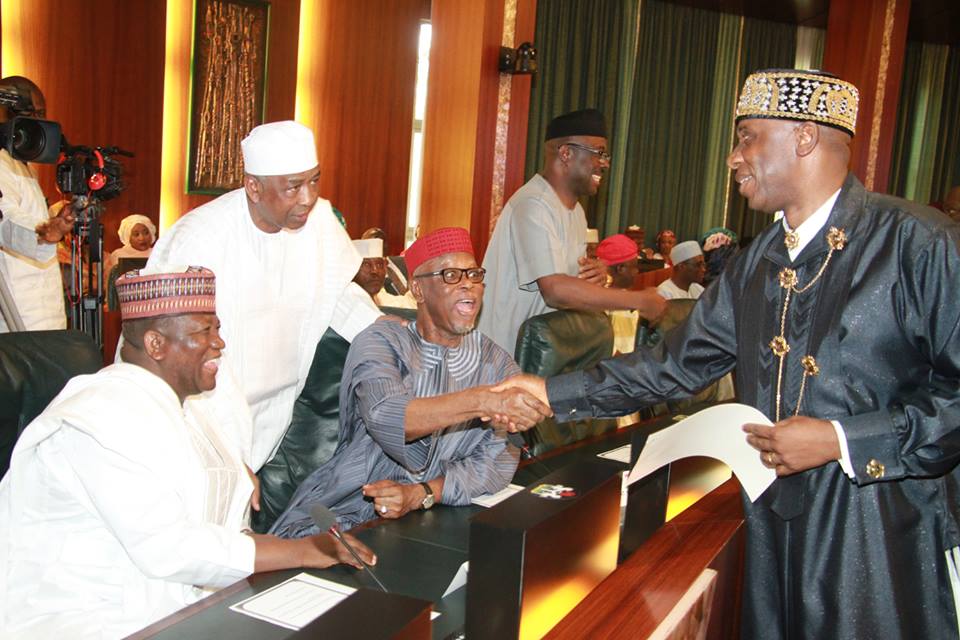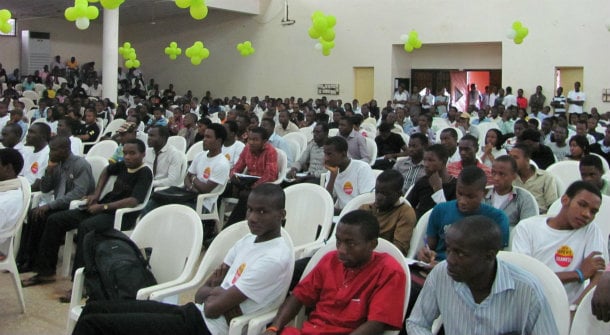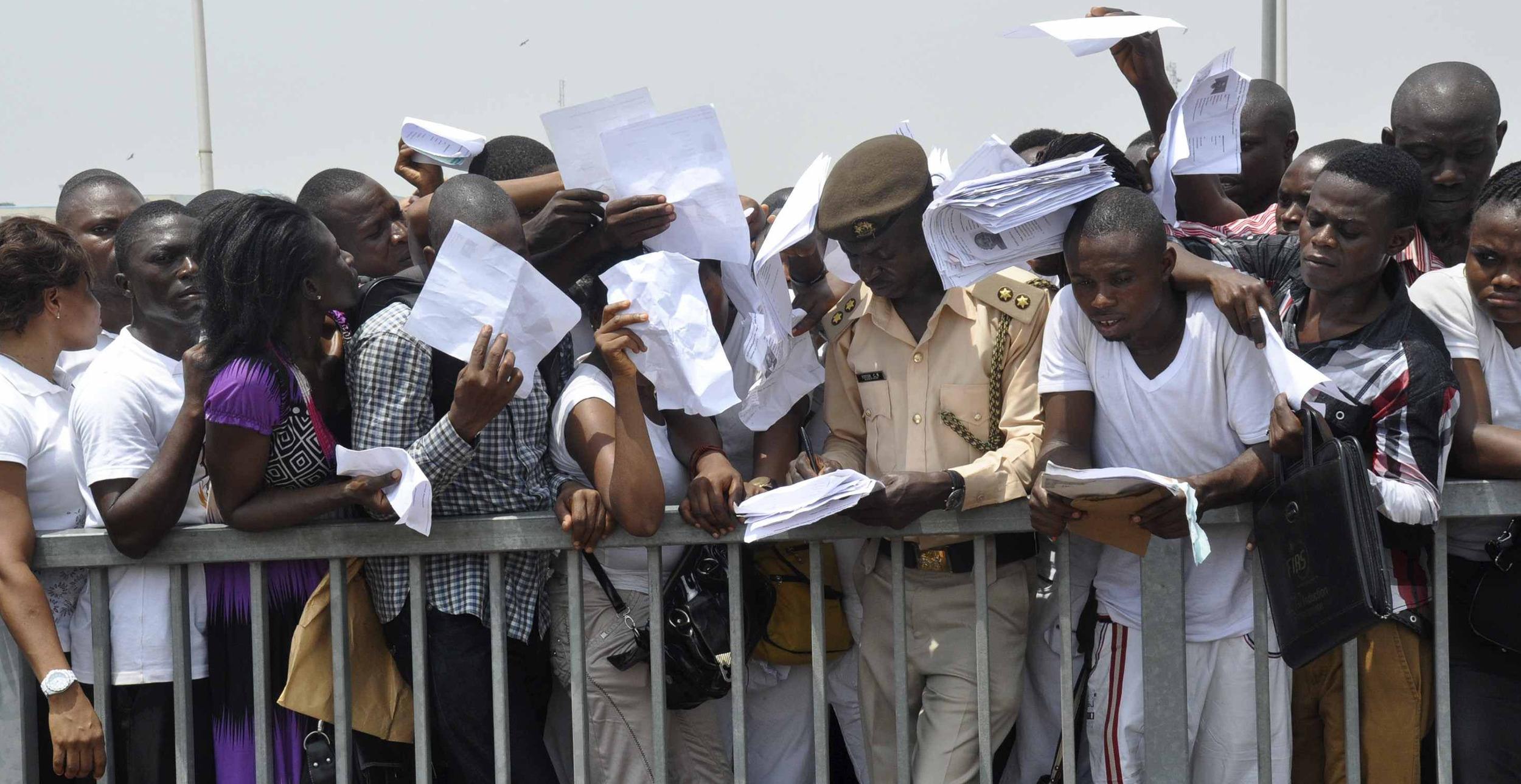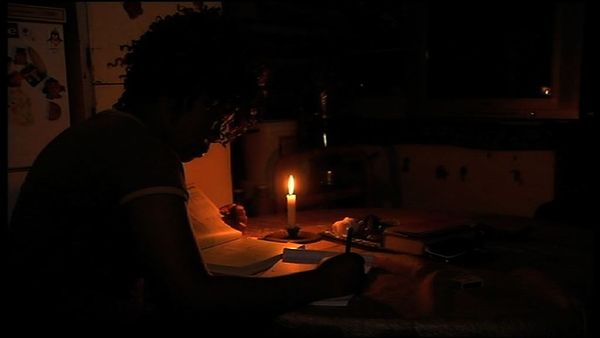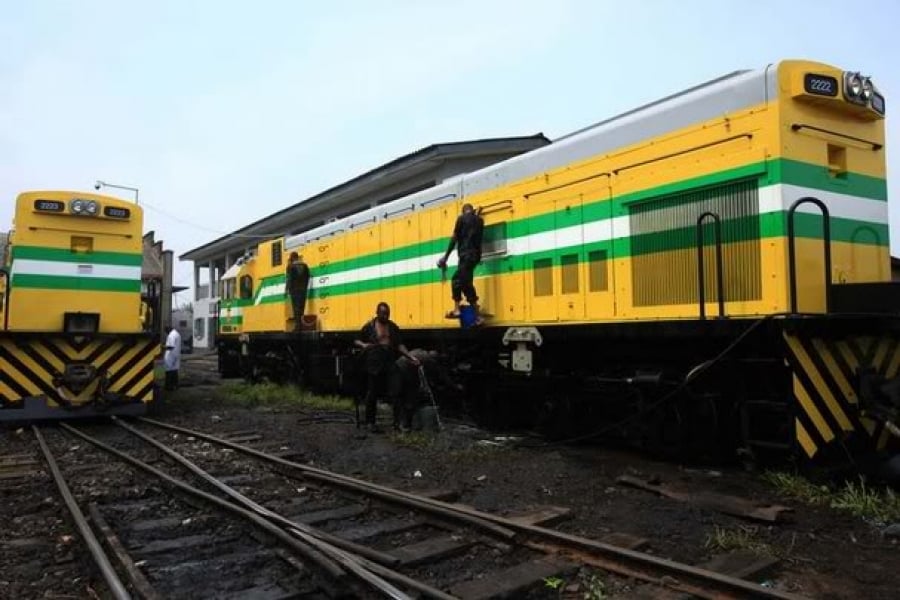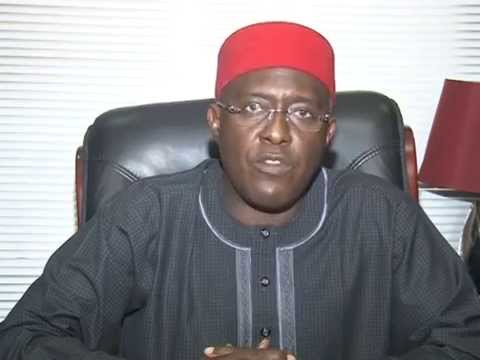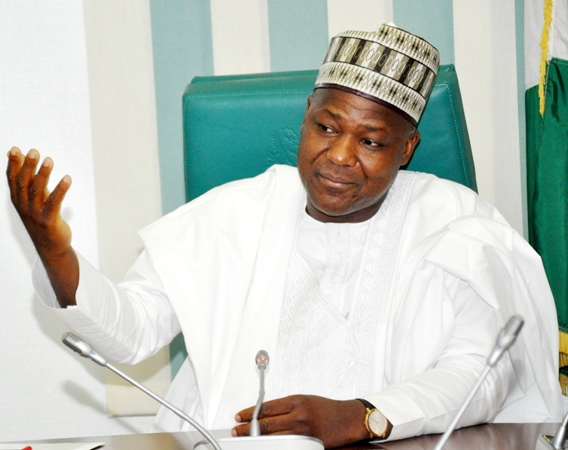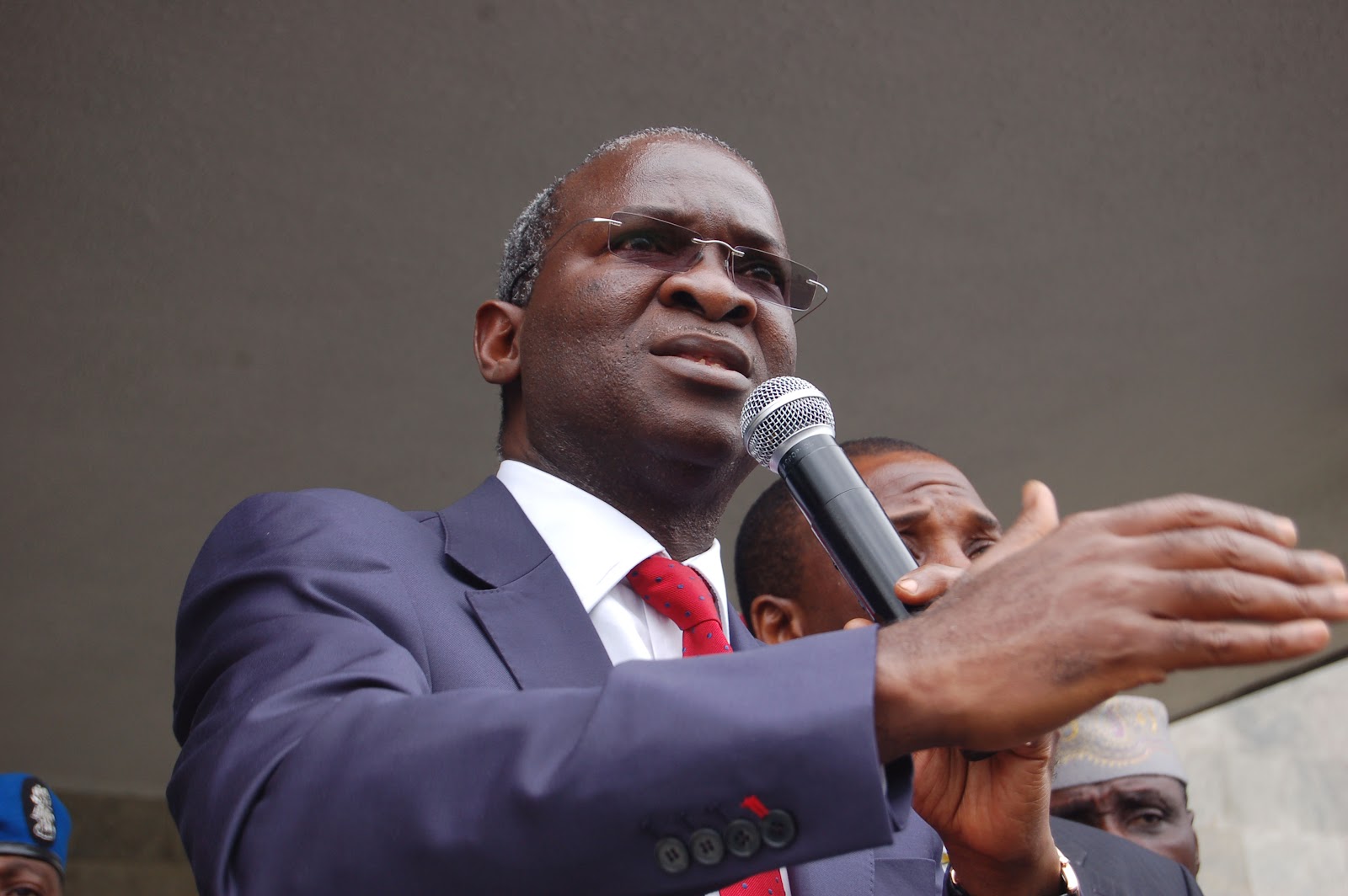Finally, President Muhammadu Buhari has unveiled his much-awaited cabinet.
Since he assumed office on May 29, Buhari has been under pressure to reveal his policy direction in order to salvage the economy, which has been unstable even before the general election.
Riding to office on popular support, many expected him to hit the ground running, but the president chose to go at his own pace despite mounting criticisms.
“I am baba go slow, I will be slow and steady,” Buhari told his audience during an interactive session at the Nigerian embassy in Washington, United States, in July.
Advertisement
The inauguration of the federal executive council is no doubt a significant development in the current administration but how that will help the government fulfill its promises to Nigerians will be seen in the days ahead.
This piece focuses on some of the areas where the people are yearning for the impact of change.
STRONGER ECONOMY
Advertisement
The oil-dependent economy has been affected by the sharp decline in global oil prices. The development has also taken its toll on the naira, with the stock market experiencing one of its worst times in history.
The ministry of finance under Kemi Adeosun is expected to produce action plans on defending the naira without wearing the reserves out, while reviving other aspects of the economy and attracting foreign investors.
SOCIAL WELFARE
To many Nigerians, ‘social welfare’ may be too much grammar, but everyone understands: N5,000 for unemployed youths and one meal a day for school children.
Advertisement
The Buhari government has promised conditional cash transfer, which the vice president, Yemi Osinbajo, said would be given to parents who put their children in school. He also said the money would empower parents while taking unschooled children off the streets.
So far, all of that talk has been rhetorics; Nigerians expect the cabinet to help the president deliver on its most controversial promises.
EMPLOYMENT OPPORTUNITIES
Unemployment has been a major challenge in the country. On a yearly basis, hundreds of thousands of graduates are churned out of higher institutions without adequate provision for them to fit into the society. According to available statistics, 24 percent of Nigerians are unemployed.
Advertisement
The APC-led government has promised to create 20, 000 jobs per year in each of the 36 states of the country, meaning that there would be 720, 000 jobs per annum if the promise is fulfilled. It is unclear if this will resolve the issue. But let’s start somewhere, right?
Solving the problem of unemployment is a dual task on the part of the government and individuals. Government is expected to create the environment for entrepreneurship to thrive and to also introduce learning of skills in the curriculum of schools.
Advertisement
Nigerians are expecting a big difference in this regard.
IMPROVED POWER SUPPLY
Advertisement
Though it prides itself as the ‘Giant of Africa’, Nigeria is still confronted with the challenge of epileptic power supply that most ‘Minnows of Africa’ are not experiencing. Efforts of successive governments to reverse this trend have been unfruitful, with the country currently generating less than 5, 000 megawatts.
At the seventh Bola Tinubu colloquium held in March, 2015, Babatunde Fashola, now minister of power, works and housing, said solving the problem of electricity in Nigeria is not rocket science.
Advertisement
“We do not have power, not because it is difficult to generate. We have darkness because of incompetent people governing us,” he had said.
Buhari has handed him the mantle to prove how easy it is to generate electricity and trust Nigerians, they are waiting to see how he would turn the situation around for the better.
As governor of Lagos, Fashola embarked on some notable reforms. Can he bring this to bear in his new office?
BETTER SECURITY
Security formed one of the major points that the ruling party used in gaining power. At different campaign grounds, the APC accused the Goodluck Jonathan administration of inability to handle the Boko Haram insurgency and promised to make a huge difference if given the opportunity to lead the country.
In fairness to the current government, the fight against insurgency has received a tremendous boost under it.
However, the rise in crime is worrisome, from armed robbery to kidnapping to killings, vandalisation of pipelines and so on.
Nigerians expect the government to look into these areas and bring about the desired change.
Additional reports by Mayowa Tijani
Add a comment

